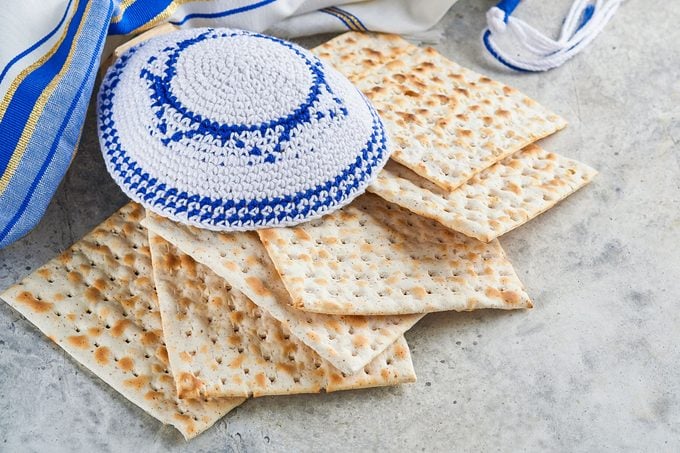Culture
Why Don’t Jews Eat Bread on Passover?
By Matt De Vlieger · April 22, 2024
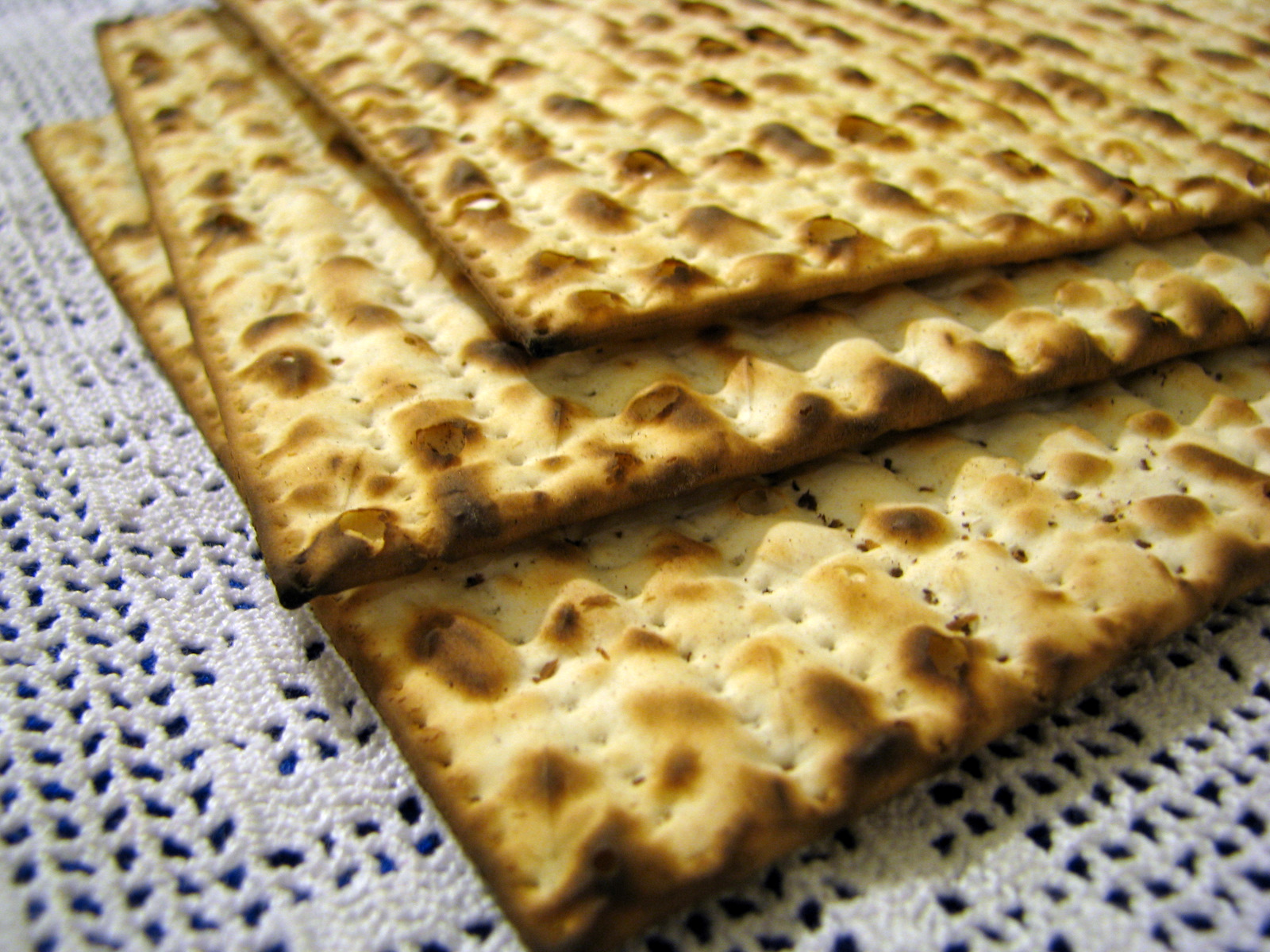
The Significance of Matzah
Matzah, unleavened bread, symbolizes the Israelites' hasty departure from Egypt, where they didn't have time for bread to rise. Avital Pinnick/Flickr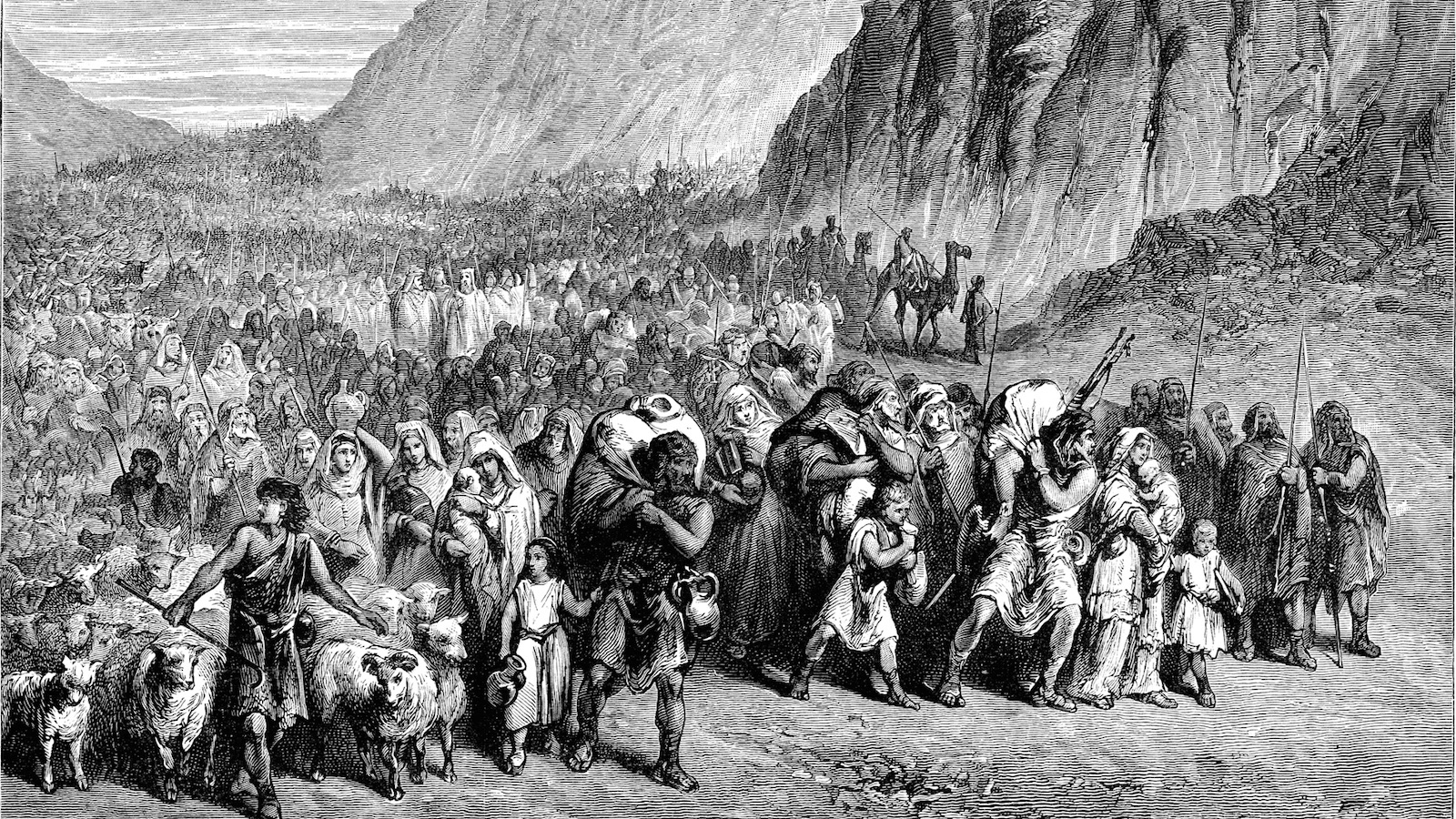
Commemorating Freedom
Jews refrain from eating leavened bread during Passover to honor their ancestors' liberation from slavery.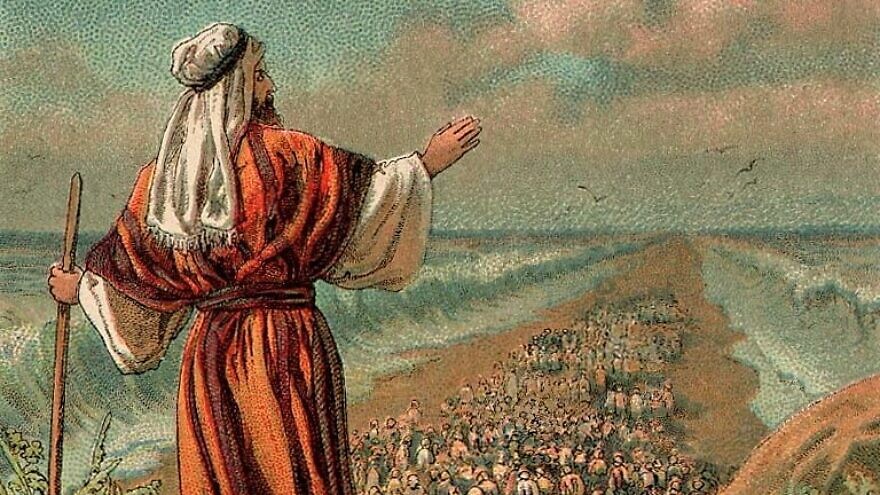
Exodus Tradition
The tradition of avoiding leavened bread originates from the biblical story of the Israelites' exodus from Egypt.
Hastening Redemption
Eating unleavened bread during Passover emphasizes the urgency of the Israelites' escape from bondage.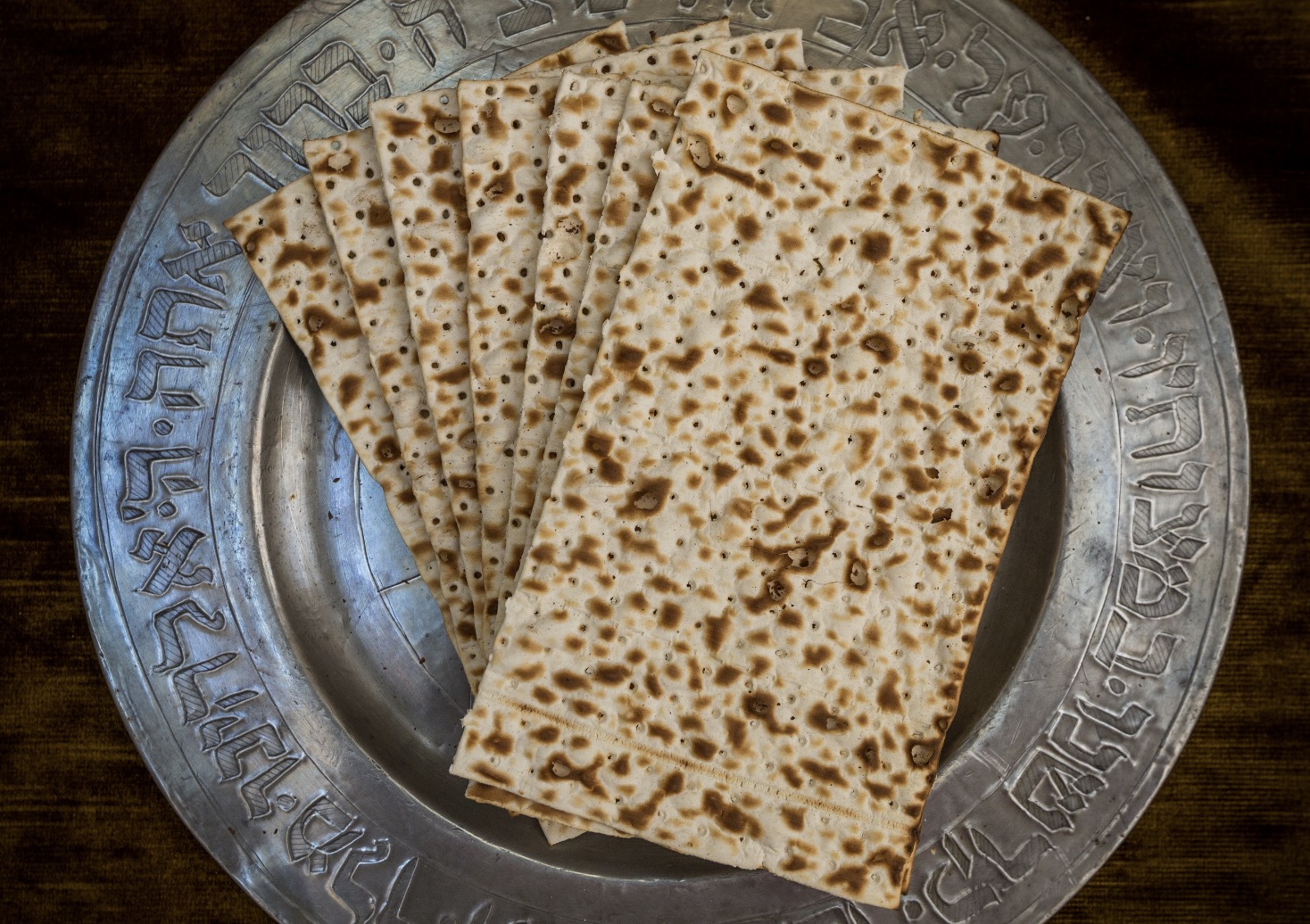
Historical Symbolism
Leavened bread represents the Egyptian oppression, while matzah symbolizes the newfound freedom of the Jewish people. Claude Truong-Ngoc/Wikimedia Commons - cc-by-sa-3.0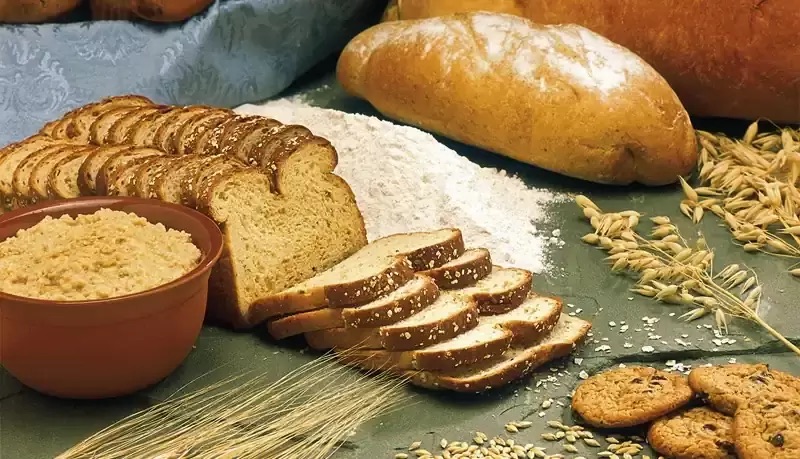
Ceremonial Preparation
Before Passover, Jews thoroughly clean their homes to remove any trace of leavened bread, known as chametz.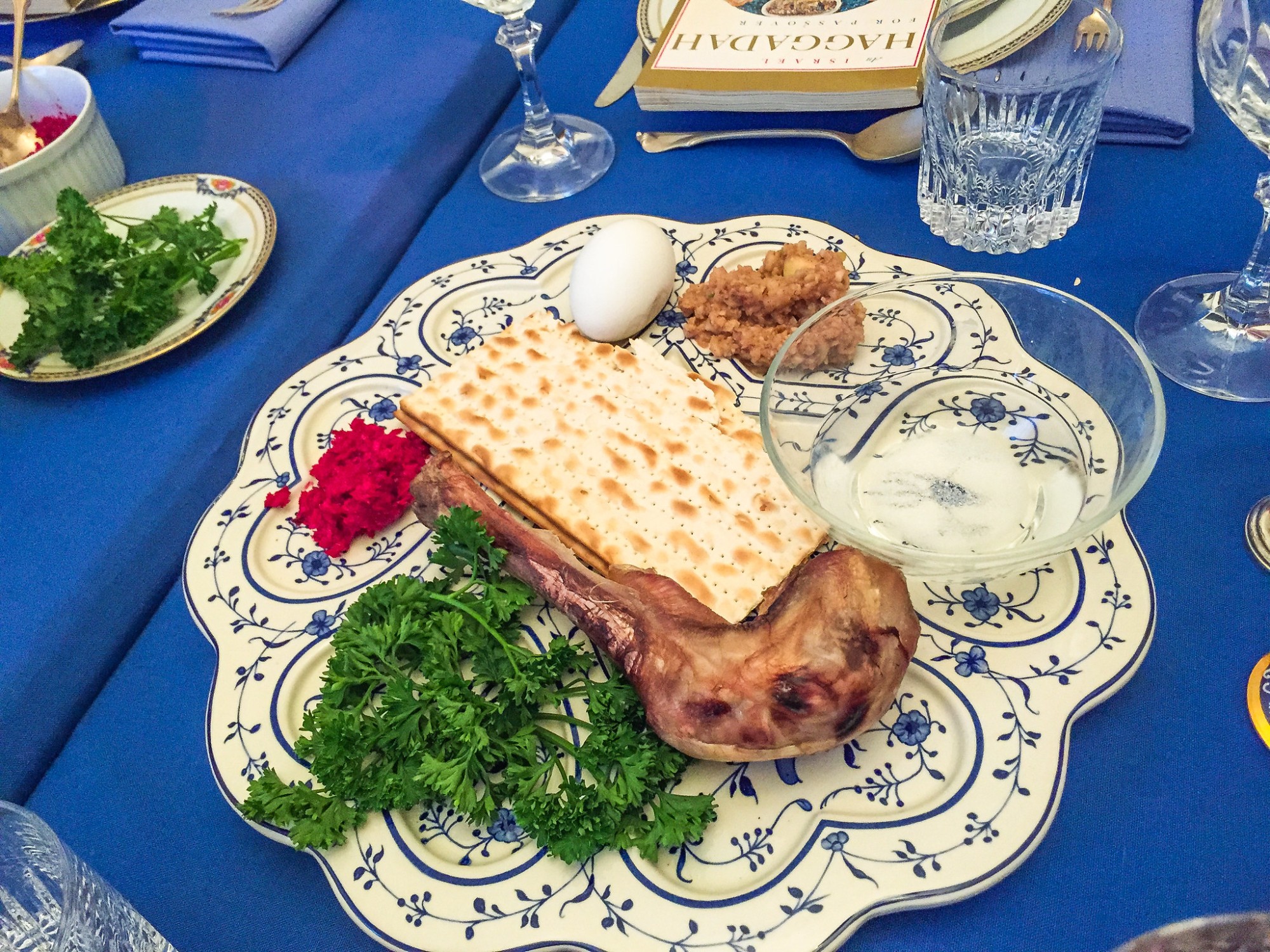
Symbolic Significance
The absence of leavened bread during Passover meals serves as a reminder of the Israelites' journey to freedom. ehpien/Flickr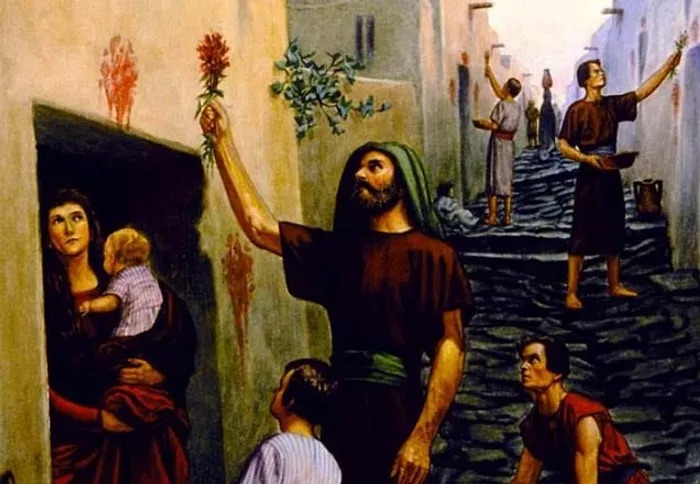
Spiritual Reflection
Passover encourages Jews to reflect on their ancestors' hardships and appreciate their own blessings of freedom.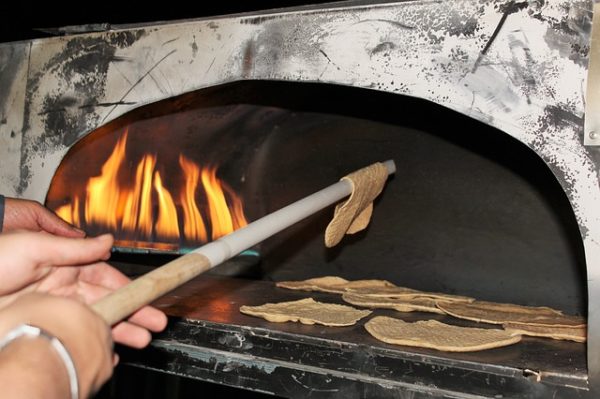
Matzah's Humble Nature
Matzah's simplicity reflects the humility of the Israelites during their journey through the wilderness.